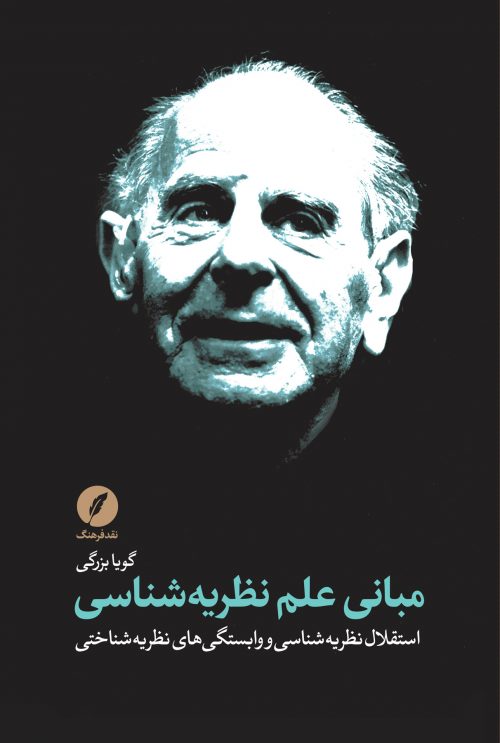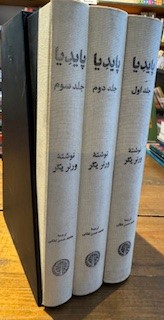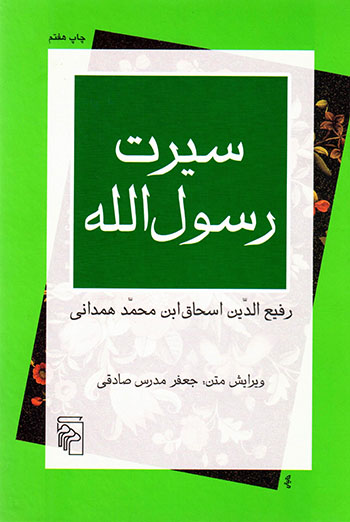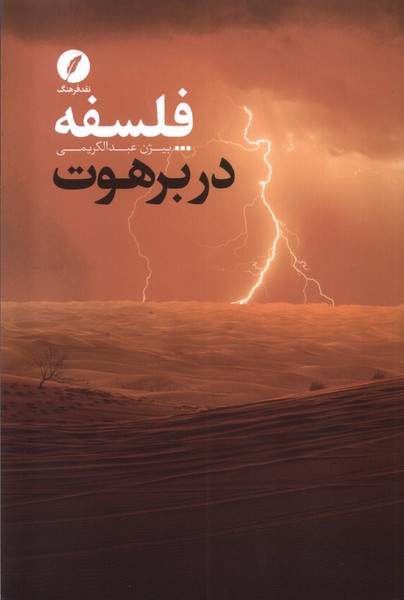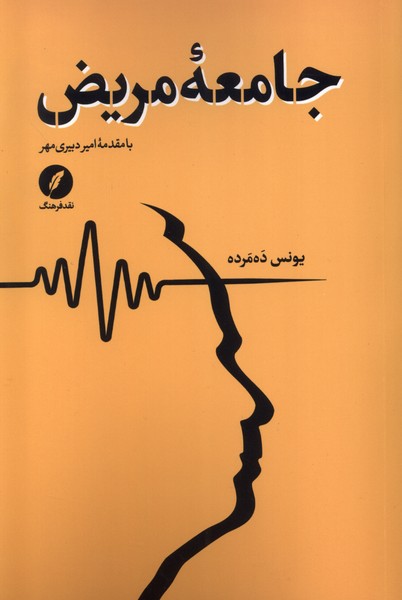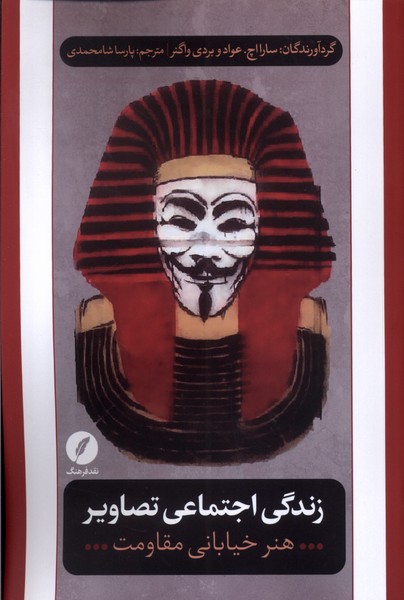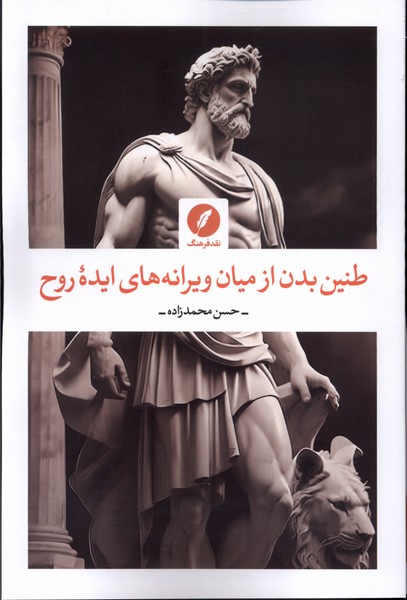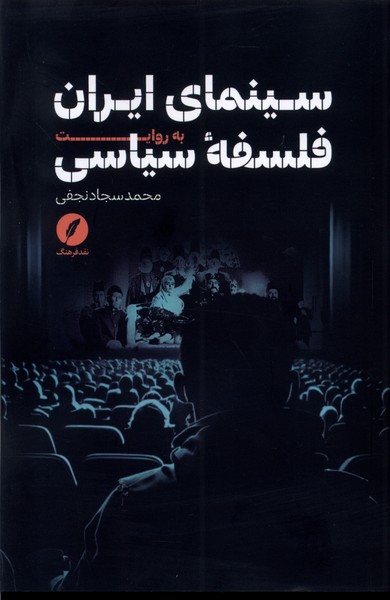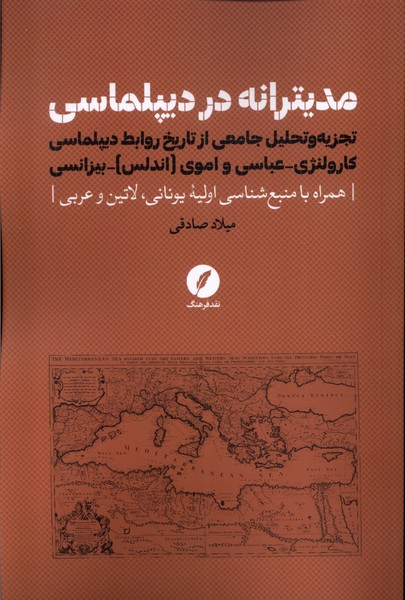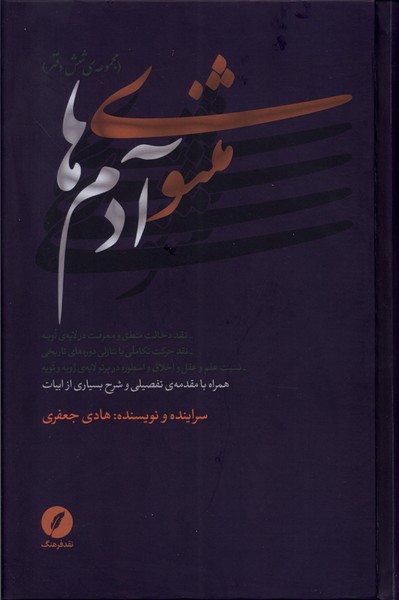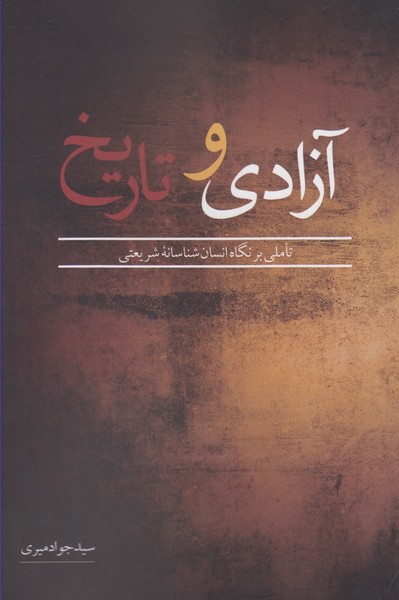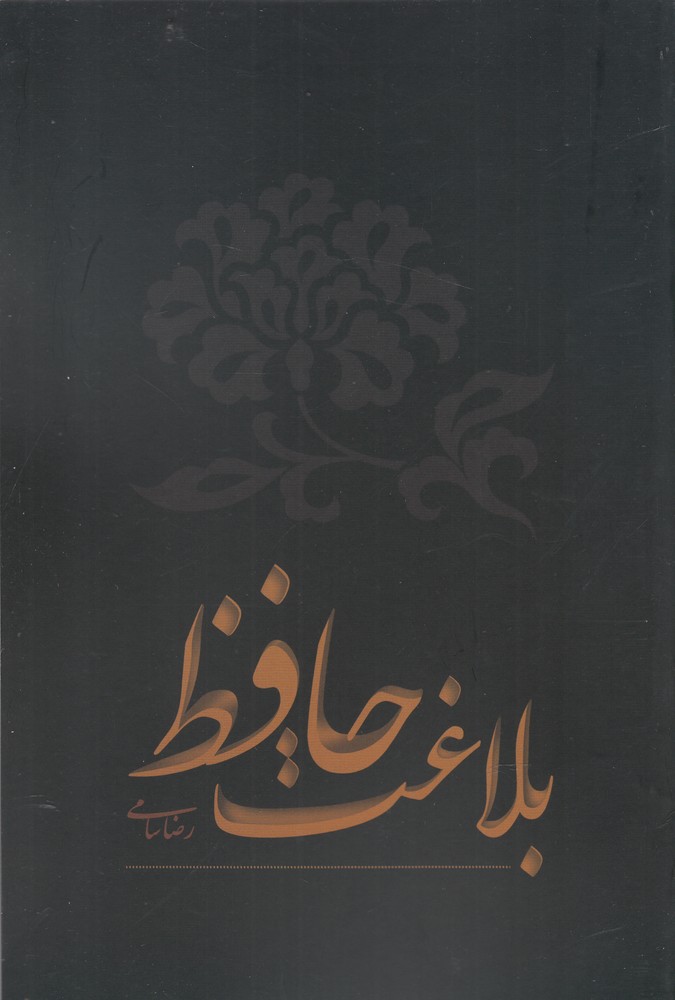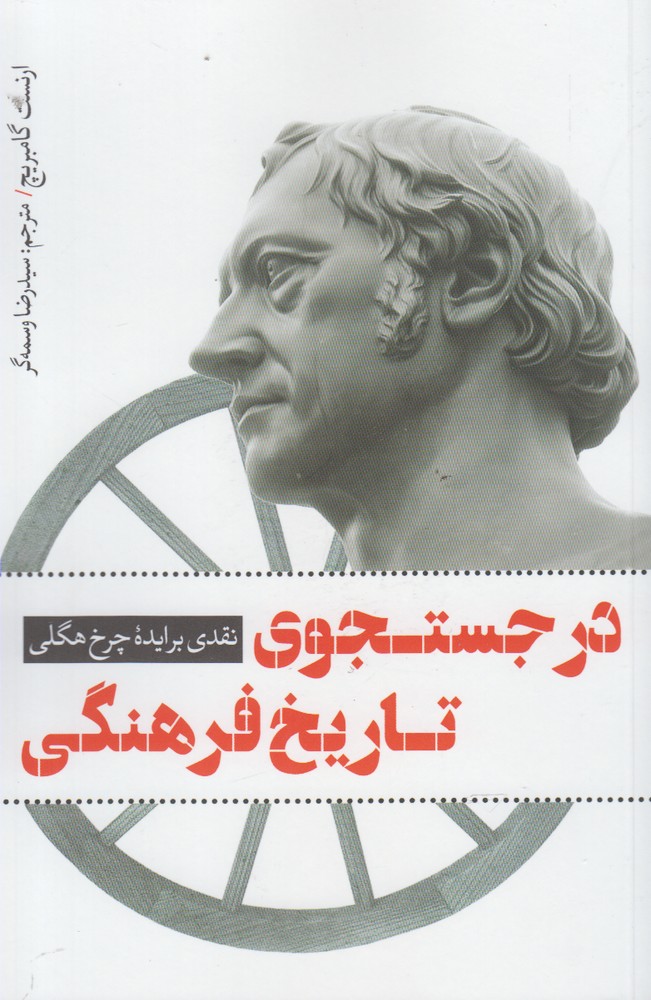مبانی علم نظریهشناسی الفارسية 1401
Mabānī-yi 'Ilm-i Naẓarīyah'shināsī
12٫01 £
مشاركة
Wishlist
العنوان الأصلي:
مبانی علم نظریهشناسی
ISBN رقم:
9786227919219
الناشر:
Naqd-i Farhang
الفئة العمرية:
البالغون
الصفحات:
338
الوزن:
336 g
أبعاد المنتج:
14 x 21 x 2٫8 cm
غلاف الكتاب:
غلاف ورقی
"Theory" is the shortest way to connect us to the reality of "world" affairs. Therefore, any access to "reality" and what comes from the world to "experience" is only through the channel of theory. Nothing is meaningful outside the circle of theories, and existences are crystallized with the growth of theory in the mind. "Mind" is a tangled network of theories. Therefore, recognizing the theory, in addition to the fundamental philosophical questions, is necessary for the "study of the mind" and the "cognition of cognition". Despite the importance and central position of the theory in philosophy and science, what it is and its nature is complex and controversial. Theory literature is plagued by "theory poverty". The main goal of the book is to re-propose the "theory issue"; The direction is called "Theorization". The theory is the science of theory; A special discipline for studying the nature and "nature of theory", as well as knowing the mechanism of "theoretical activity". Theory is itself an independent field of research and thus has its index, components, and dependencies. In this sense, in addition to answering the existing problems, it proposes new problems that require the production of theory. In general, theorizing is a new lens to penetrate the nature of the "text world"; Revealing the common ground that connects science and philosophy on the one hand, with literature and art on the other hand. "Problem" is one of the keywords of theory. This means that the theory has an organic link with our system of problems. We understand the world through the glasses of "theory-problem". Therefore, the theory of effort and struggle is vital in "problem-solving". The book defends the universal definition of the theory from a biological and evolutionary perspective.
more
«نظریه» کوتاهترین راه اتصال ما به واقعیتِ امور «جهان» است. بنابراین، هرگونه دسترسی ما به «واقعیت» و آنچه از جهان به «تجربه» درمیآید، تنها از مجرایِ نظریه است. خارج از شعاع دایرۀ نظریهها هیچچیز معناداری وجود ندارد و هستیها با رشد نظریه در ذهن است که تبلور پیدا میکنند. «ذهن» شبکۀ درهمتنیدهای از نظریهها است. بنابراین، بازشناختِ نظریه، علاوه بر پرسشهای بنیادین فلسفی، برای «مطالعۀ ذهن» و «شناختِ شناخت» ضروری است. باوجود اهمیت و جایگاه کانونی نظریه در فلسفه و علم، چیستی و ماهیت آن، پیچیده و بحثبرانگیز است. ادبیات نظریه، گرفتار «فقرِ نظریه» است. هدف اصلی کتاب، طرح دوبارۀ «مسئلۀ نظریه» است؛ جهتی که «نظریهشناسی» نامیده شده است. نظریهشناسی علم نظریه است؛ دیسیپلینی ویژه برای مطالعۀ ماهیت و «طبیعتِ نظریه»، و نیز شناخت سازوکار «فعالیتِ نظری». نظریهشناسی بهخودیخود یک میدان مستقل پژوهشی است، و بنابراین، شاخص، مؤلفهها، و وابستگیهای خاص خودش را دارد. از این نظر، علاوه بر پاسخ به مسئلههای موجود، مسئلههای تازهای طرح میکند که خود نیازمند تولید نظریه است. بهطورکلی باید گفت، نظریهشناسی یک عدسیِ تازه برای نفوذ در طبیعتِ «جهانِ متن» است؛ آشکارسازی زمینۀ مشترکی که علم و فلسفه را از یک سو، با ادبیات و هنر در سوی دیگر پیوند میدهد. «مسئله» از واژگانِ کلیدی نظریهشناسی است. به این معنی که نظریه، پیوند ارگانیکی با نظام مسئلههای ما دارد. ما جهان را با عینکِ «مسئله-نظریه» است که درک و فهم میکنیم. بنابراین، نظریه تلاش و تقلایِ حیاتی در «حل مسئله» است. دفاع کتاب از تعریفِ جهانی نظریه در یک دیدگاهِ زیستی و تکاملی است.
more

